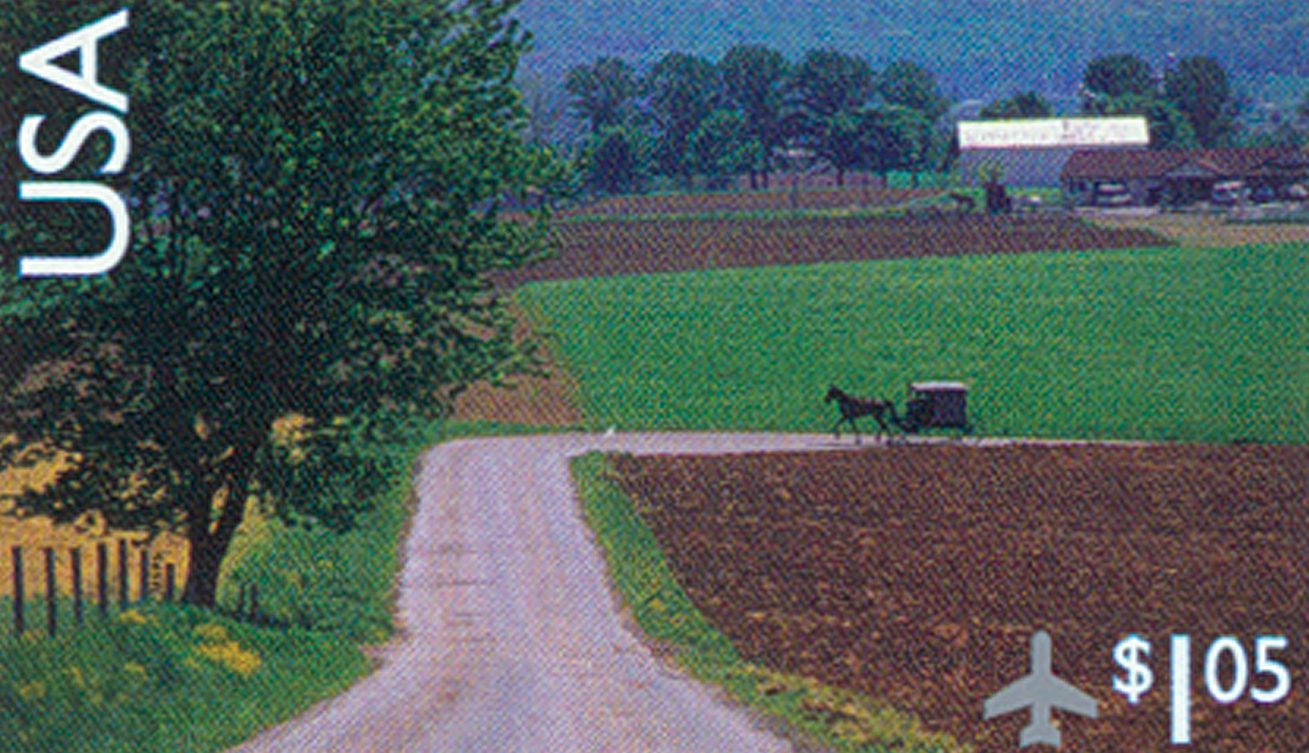NYC’s Lost Washington Monument
On October 19, 1847, a grand celebration proceeded the laying of the cornerstone of New York City’s planned 425-foot Washington Monument. The monument was never completed and the cornerstone was lost to time.

On October 19, 1847, a grand celebration proceeded the laying of the cornerstone of New York City’s planned 425-foot Washington Monument. The monument was never completed and the cornerstone was lost to time.

On October 17, 1979, U.S. President Jimmy Carter signed legislation establishing the US Department of Education. The department creates policies, monitors federal funding, and ensures equal education for students.

On October 13, 1792, the cornerstone of the White House was laid, though its exact location remains a mystery today. It would be eight years before the White House was occupied by America’s second president.

Anna Eleanor Roosevelt was born on October 11, 1884, in New York City, New York. She was America’s longest-serving First Day and is credited with redefining the role of the presidential spouse.

Renowned stamp artist Charles Ransom Chickering was born on October 7, 1891, Easthampton Township, New Jersey. During his 15 years at the Bureau of Engraving and Printing, he designed 77 US stamp.

On October 1, 1896, Rural Free Delivery was introduced in a handful of West Virginia towns. Rural free delivery made the mail faster, more convenient, and more valuable, bringing our nation together like never before.

On September 30, 1935, President Franklin Roosevelt presided over the dedication ceremony of the Boulder Dam. Later renamed the Hoover Dam, it’s one of the highest concrete dams in the world.

On September 27, 1777, Lancaster, Pennsylvania served as the nation’s capital for a single day. During and after the Revolutionary War, the nation’s capital changed several times before settling in Washington, DC in 1800.

On September 26, 1960, John F. Kennedy and Richard Nixon took part in America’s first televised debate, which revealed just how important this growing medium would be on future politics.